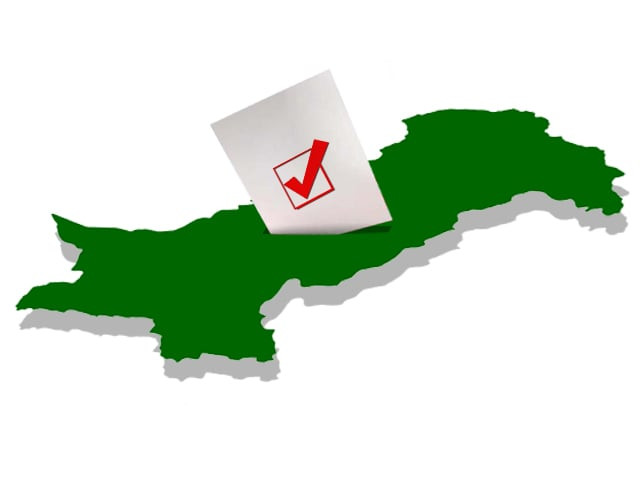Clan politics
Breaking clan lines can happen again and all parties need to consider why this is not proving to be the case.

"It seems none of the political parties have offered sufficient ground for people to vote across clan lines and instead opt for the agenda they offer. DESIGN: EMA ANIS
The Swati, Tanoli, Syed and Gujjar clans are powerful here. But even in urban areas, biradari or clan seems to matter a lot. Ticket allocations have been made on the basis of this factor even by parties such as the Pakistan Tehreek-e-Insaf which claim they seek change.
So, why does this change not come? Why do people revert to clan loyalty, in some cases, above all else? The fault, it would appear, lies with the parties. It seems none of them have offered sufficient ground for people to vote across clan lines and instead opt for the agenda they offer. This can indeed happen. It happened in our country in 1970 when Zulfikar Ali Bhutto’s Pakistan Peoples Party, with its slogan of roti, kapra aur makaan, altered voting patterns drastically by suggesting to the poor that they could have a real say in bringing change in their favour. What happened afterwards is a different debate.
But the fact is clan lines were broken then, this can happen again and all parties contesting the polls need to consider why this is not proving to be the case as the campaign continues along the same mundane lines as in the past.
Published in The Express Tribune, April 21st, 2013.













COMMENTS
Comments are moderated and generally will be posted if they are on-topic and not abusive.
For more information, please see our Comments FAQ